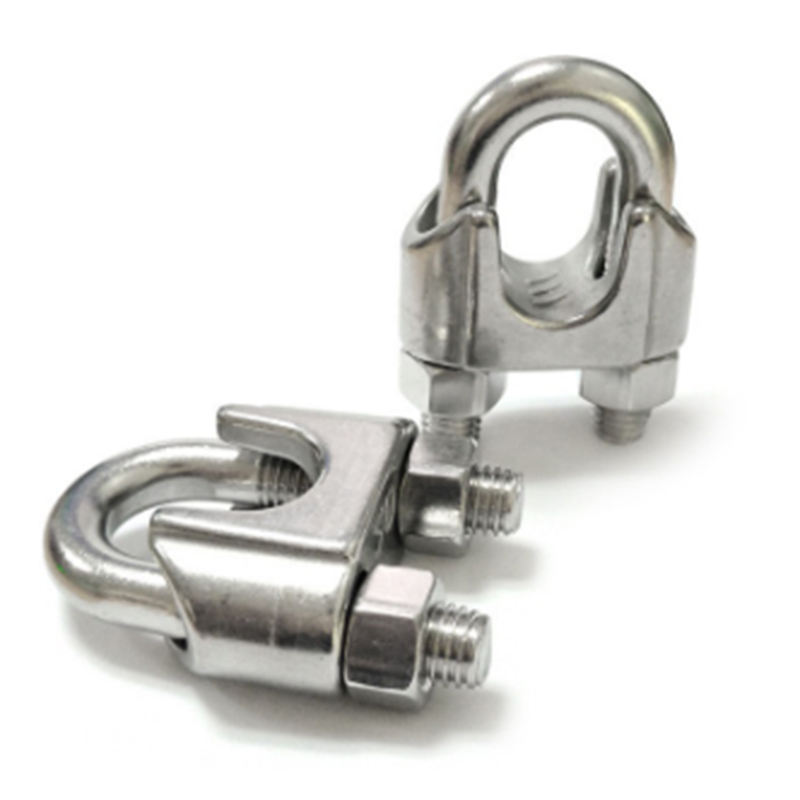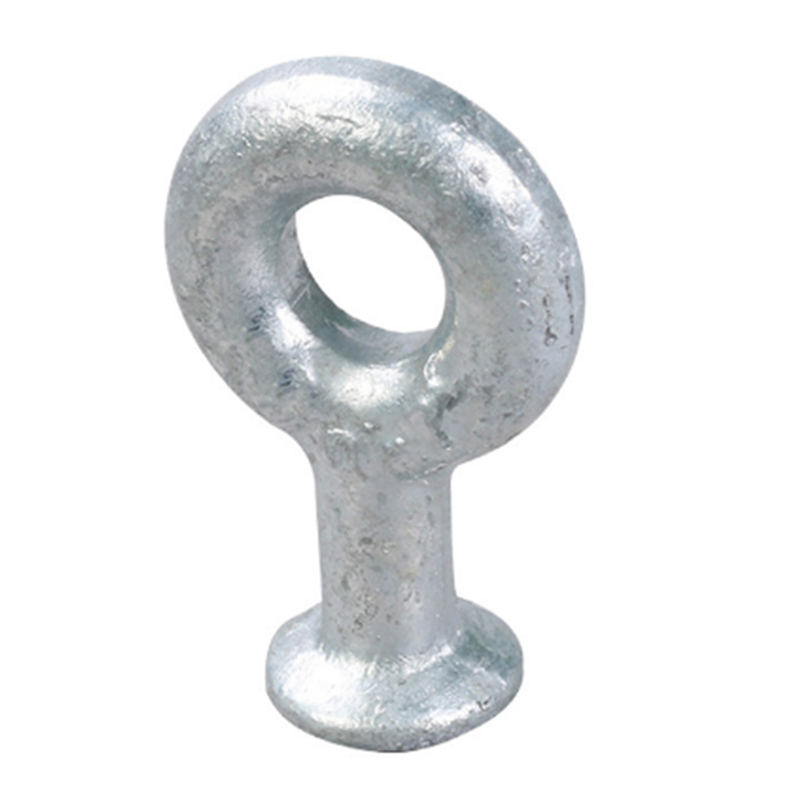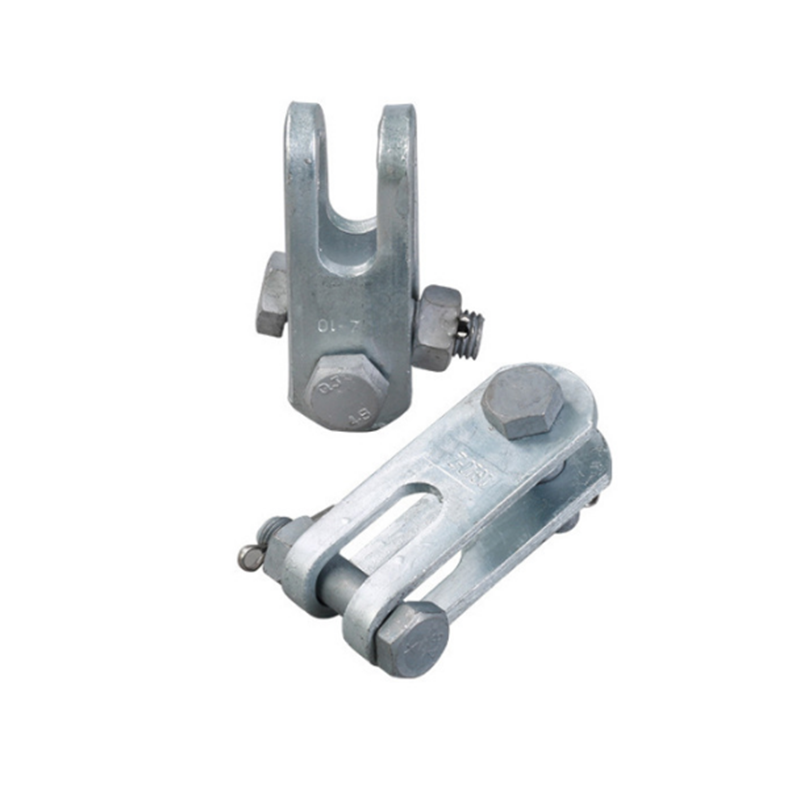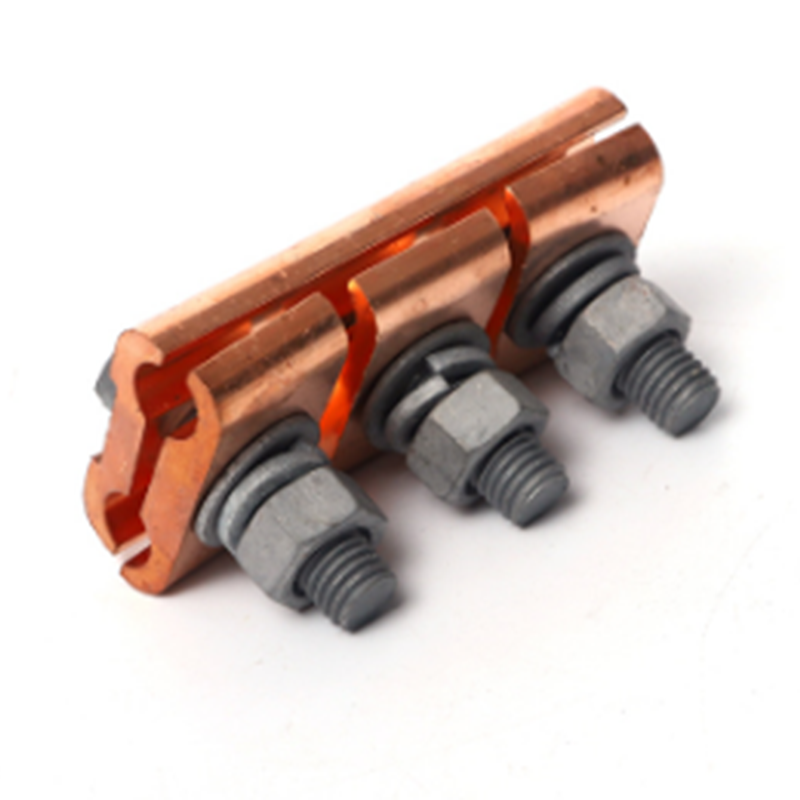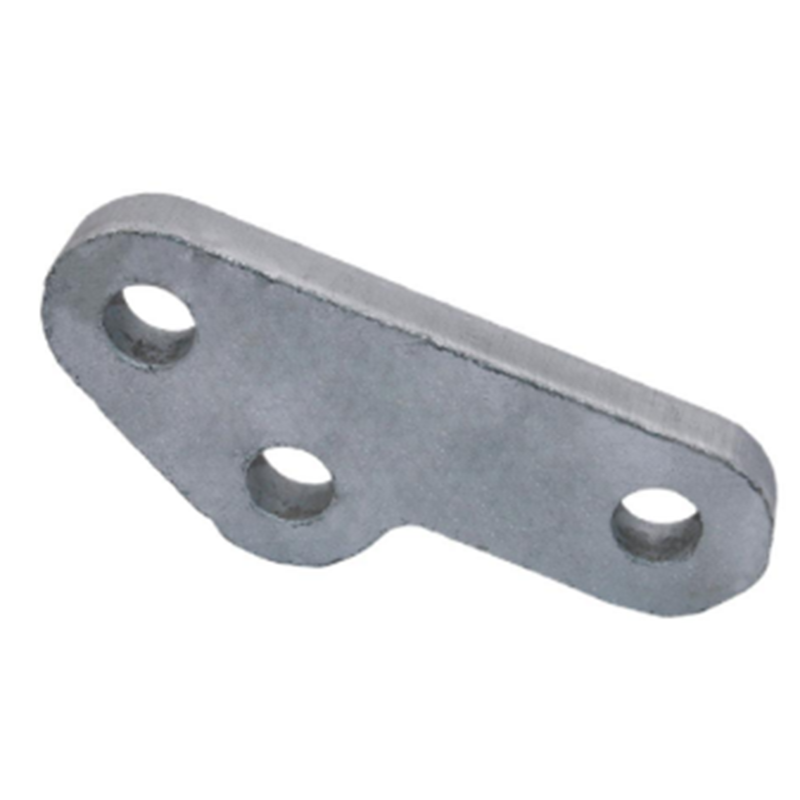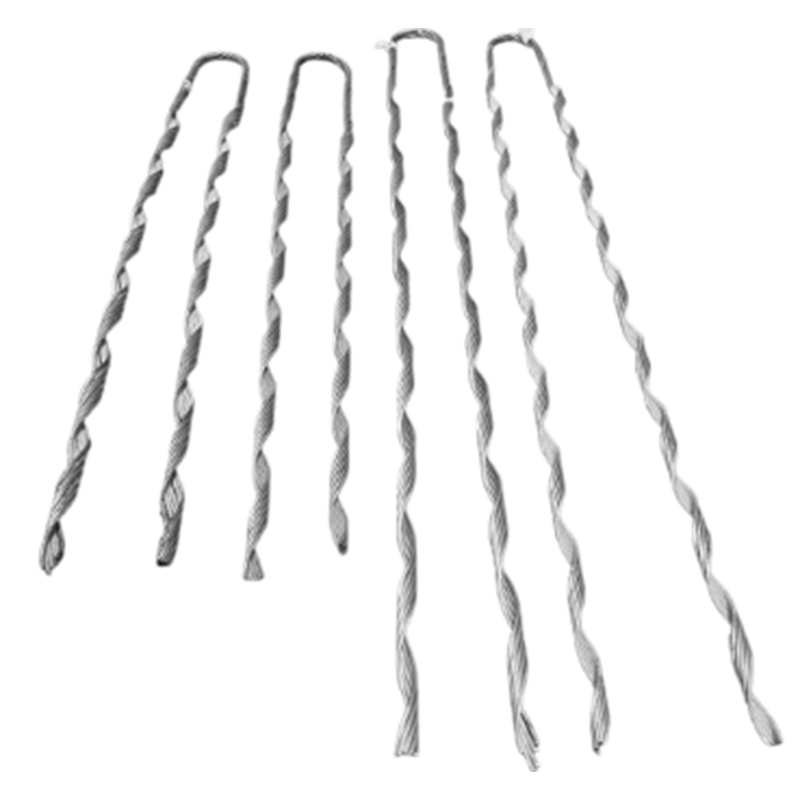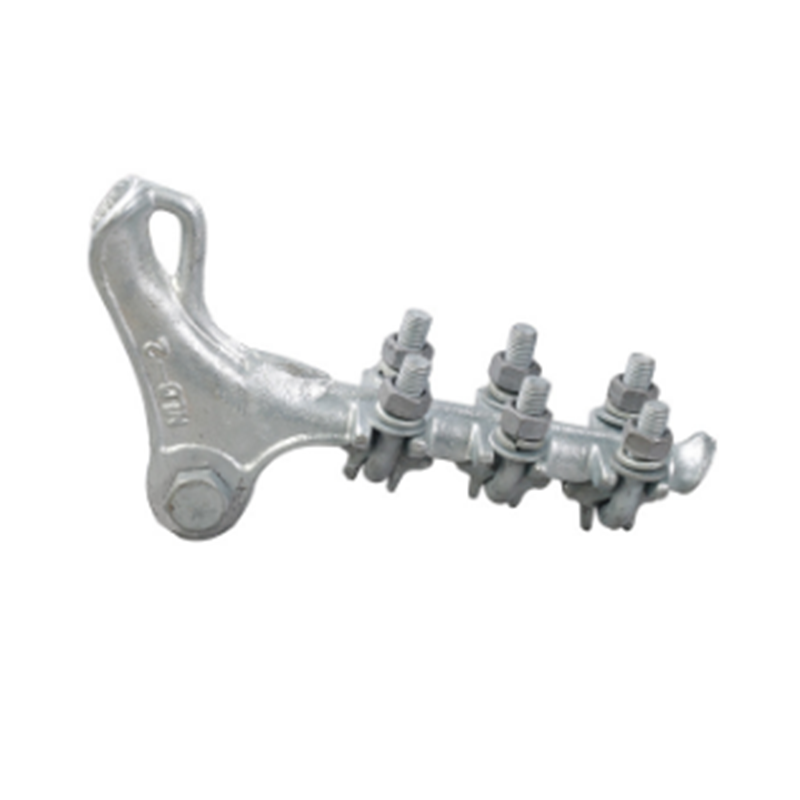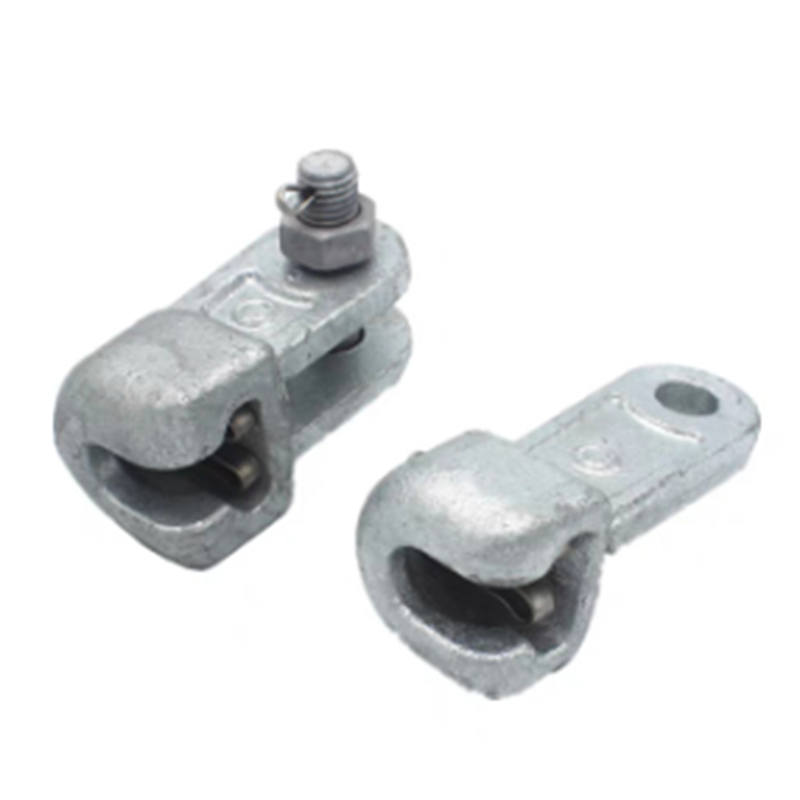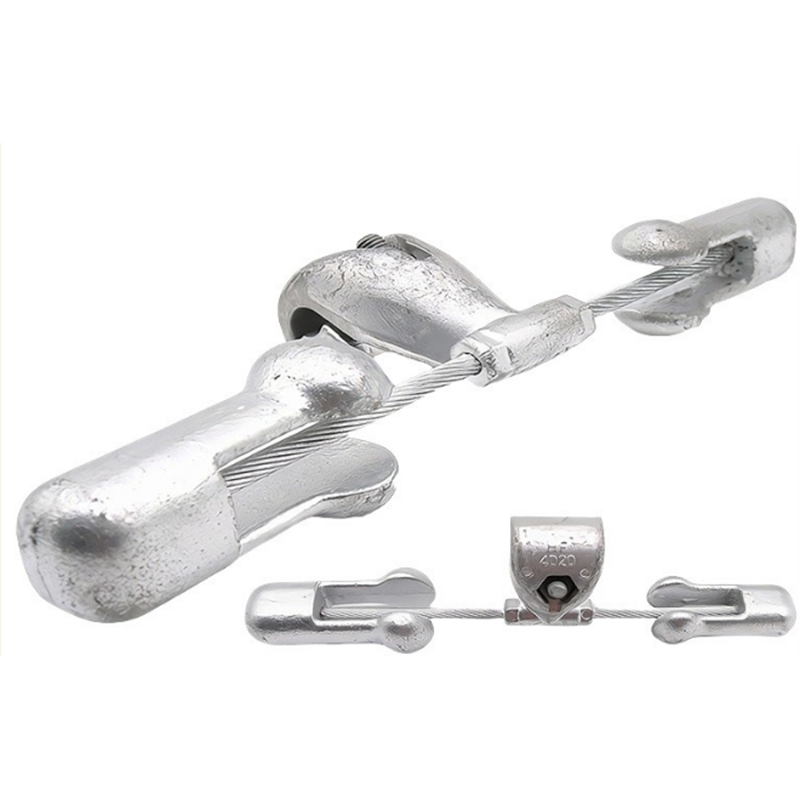- Chinese
- French
- German
- Portuguese
- Spanish
- Russian
- Japanese
- Korean
- Arabic
- Irish
- Greek
- Turkish
- Italian
- Danish
- Romanian
- Indonesian
- Czech
- Afrikaans
- Swedish
- Polish
- Basque
- Catalan
- Esperanto
- Hindi
- Lao
- Albanian
- Amharic
- Armenian
- Azerbaijani
- Belarusian
- Bengali
- Bosnian
- Bulgarian
- Cebuano
- Chichewa
- Corsican
- Croatian
- Dutch
- Estonian
- Filipino
- Finnish
- Frisian
- Galician
- Georgian
- Gujarati
- Haitian
- Hausa
- Hawaiian
- Hebrew
- Hmong
- Hungarian
- Icelandic
- Igbo
- Javanese
- Kannada
- Kazakh
- Khmer
- Kurdish
- Kyrgyz
- Latin
- Latvian
- Lithuanian
- Luxembou..
- Macedonian
- Malagasy
- Malay
- Malayalam
- Maltese
- Maori
- Marathi
- Mongolian
- Burmese
- Nepali
- Norwegian
- Pashto
- Persian
- Punjabi
- Serbian
- Sesotho
- Sinhala
- Slovak
- Slovenian
- Somali
- Samoan
- Scots Gaelic
- Shona
- Sindhi
- Sundanese
- Swahili
- Tajik
- Tamil
- Telugu
- Thai
- Ukrainian
- Urdu
- Uzbek
- Vietnamese
- Welsh
- Xhosa
- Yiddish
- Yoruba
- Zulu
- Kinyarwanda
- Tatar
- Oriya
- Turkmen
- Uyghur

Wood Bolts
Understanding Wood Bolts: Insider Insights
When you're in a bind trying to fasten wood components, reaching for the first available tool might seem tempting, but not all fasteners are built equal. Wood bolts can be the heroes of many woodworking projects, if you know how to wield them correctly. But here's the thing, what makes an effective wood bolt? And why does it sometimes feel like a gamble when using them?
The Core of Wood Bolts
Let's start with the basics. Wood bolts — often called 'lag screws' in some areas — are heavy-duty fasteners designed specifically for joining large pieces of wood. They are unique because they don't require nuts; the threading does all the heavy lifting. In my experience, their reliability lies in the coarse threads that grip tightly into the wood, providing a robust hold without the risk of loosening.
One common mistake I've seen is people confusing these bolts with regular screws. Unlike screws, whose primary function is to hold materials together without stressing them unduly, wood bolts can handle more stress. This is due to their size and the depth they can reach in the material. It's crucial to understand this distinction before diving into a project.
Case in point, a few months ago, I was working on a backyard pergola. The frame needed to withstand harsh weather, so ordinary screws weren't enough. Opting for wood bolts, tailored to the wood's density and environmental conditions, made all the difference.
Real-Life Applications and Challenges
When dealing with wood bolts, the choice of material is pivotal. Galvanized steel is a popular choice, providing resistance to rust and corrosion. However, stainless steel might be worth considering if you're working in particularly harsh conditions. It might be pricier, but it offers an extra layer of durability.
One challenge that often crops up is over-tightening. Unlike nuts and bolts, where a washer can buffer, wood bolts go directly into material. Over-tightening can lead to cracks, which jeopardizes the integrity of the joint. A colleague of mine learned this the hard way on an outdoor deck project. Balance is key — secure enough to be stable, but not so much that the wood splinters. Practice helps you find that sweet spot.
Here’s a trick I've picked up: pre-drilling a pilot hole. This not only prevents the wood from splitting but ensures the bolt can make the journey smoothly without veering off course, especially in hardwoods.
Considerations in Manufacturing
From a manufacturing standpoint, companies like Shengfeng Hardware Fastener Factory are pivotal. Their precision in producing various fasteners — including over 100 specifications — ensures there's an optimal bolt for every scenario. Located strategically near National Highway 107 in Handan City, this factory understands the nuanced demands of the fastener market.
When sourcing wood bolts, paying attention to the manufacturer's reputation is crucial. Look for companies that not only provide various options but are also invested in quality control. Factories situated in industrial hubs, like Shengfeng, often have the infrastructure to support robust quality assurance processes.
Visiting https://www.sxwasher.com gives you a peek into their offerings, from spring washers to expansion bolts, highlighting their versatility and commitment to craftsmanship.
How Choice Affects Durability
There's a subtle art to choosing the right wood bolt. For softer woods, you don't need deep threading; for harder woods, you might. Simple but critical observations make a substantial difference. I recall a project with aged oak, which required a shift in my usual approach — adapting to the material saved both time and effort.
Sometimes, even the best-prepared plans go awry. A minor hiccup in my garden project stemmed from failing to account for seasonal wood expansion and contraction. Problems like these underscore the importance of flexibility and adaptation over strictly following guidelines.
Proper planning and choosing the right bolt aren't merely steps in a process — they are integral to the craft. When understood fully, they can turn potential pitfalls into smooth sailing.
Conclusion: Embracing Flexibility in Woodworking
In woodworking, nothing beats hands-on experience. Wood bolts offer versatility, but they demand respect and understanding. As woodworking evolves, so do the tools and techniques. Staying informed and flexible is key to success.
For projects of all sizes, tapping into resources like Shengfeng Hardware Fastener Factory, with its reliable product lines, can assist tremendously. Remember, while choosing the right bolt is critical, understanding how it interacts with your materials can make or break your project. Let experience guide you, and allow room for surprises and learning along the way.
Соответствующая продукция
Соответствующая продукция




